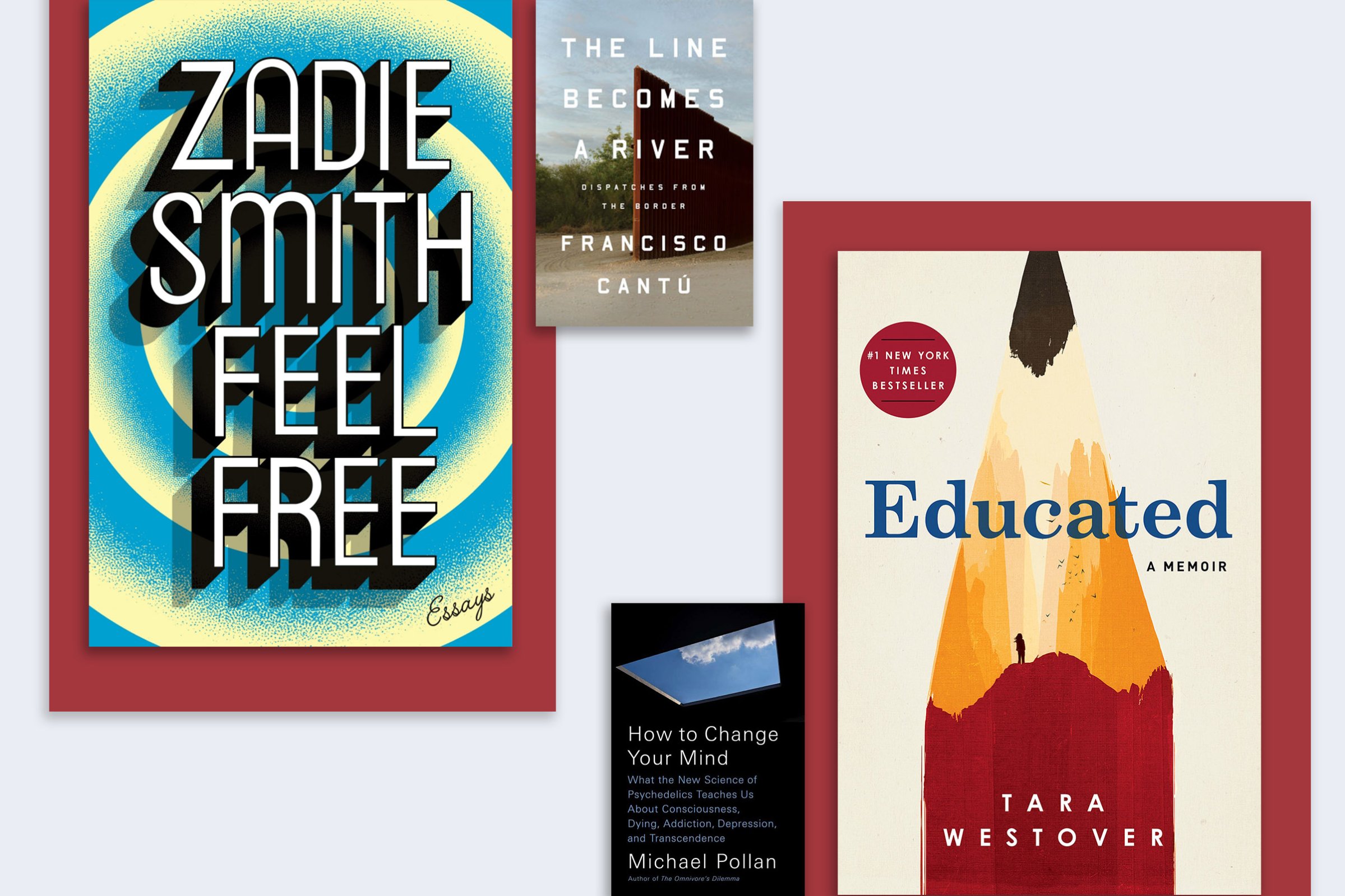
Many of our favorite nonfiction books of the year so far have unique perspectives on current political debates. Francisco Cantu sheds new light on the immigration debate by diving into the details of his time serving as a U.S. Border Patrol agent. Stephen Greenblatt examines tyranny through close readings of Shakespeare’s greatest despots. Jennifer Palmieri interrogates sexism in American culture by looking back at Hillary Clinton’s 2016 Presidential campaign. All the titles on our list discuss freedom — what stands in its way and how to find it.
Barracoon, by Zora Neale Hurston
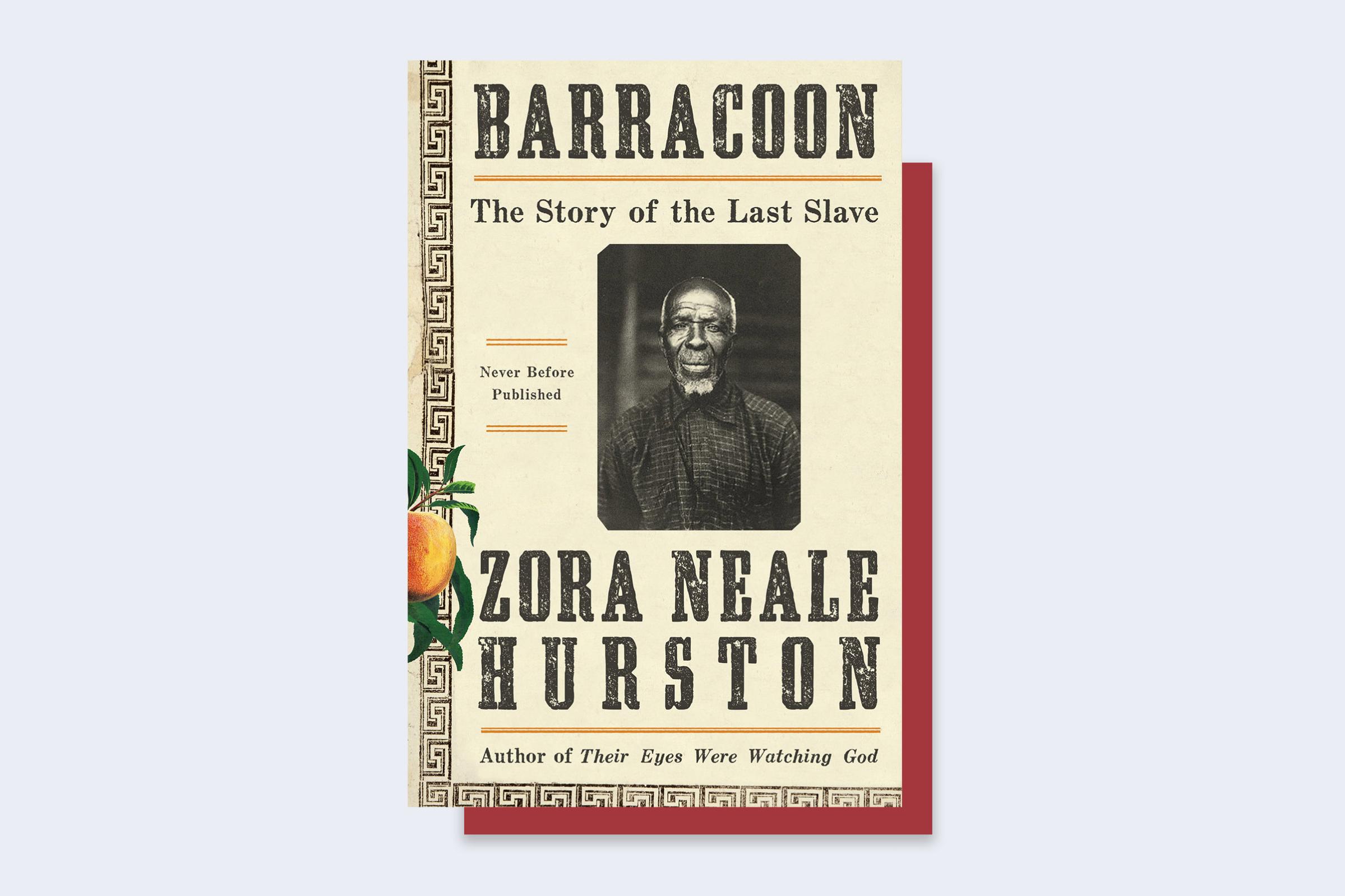
The release of a never-before-published work by literary icon Zora Neale Hurston would be news on its own, but that’s not the only reason to take note of Barracoon. The book chronicles Hurston’s interactions with the last-known survivor of the last ship to bring enslaved Africans to the U.S. Hurston was an anthropologist by training and that’s the skill on display here, but there’s no hiding her literary talent in this long-awaited early work. With its historically valuable first-hand account of slavery and freedom, Barracoon speaks straight to the 21st-century world into which it has emerged — almost a century after it was written. — Lily Rothman
Buy now: Barracoon
How to Change Your Mind, by Michael Pollan
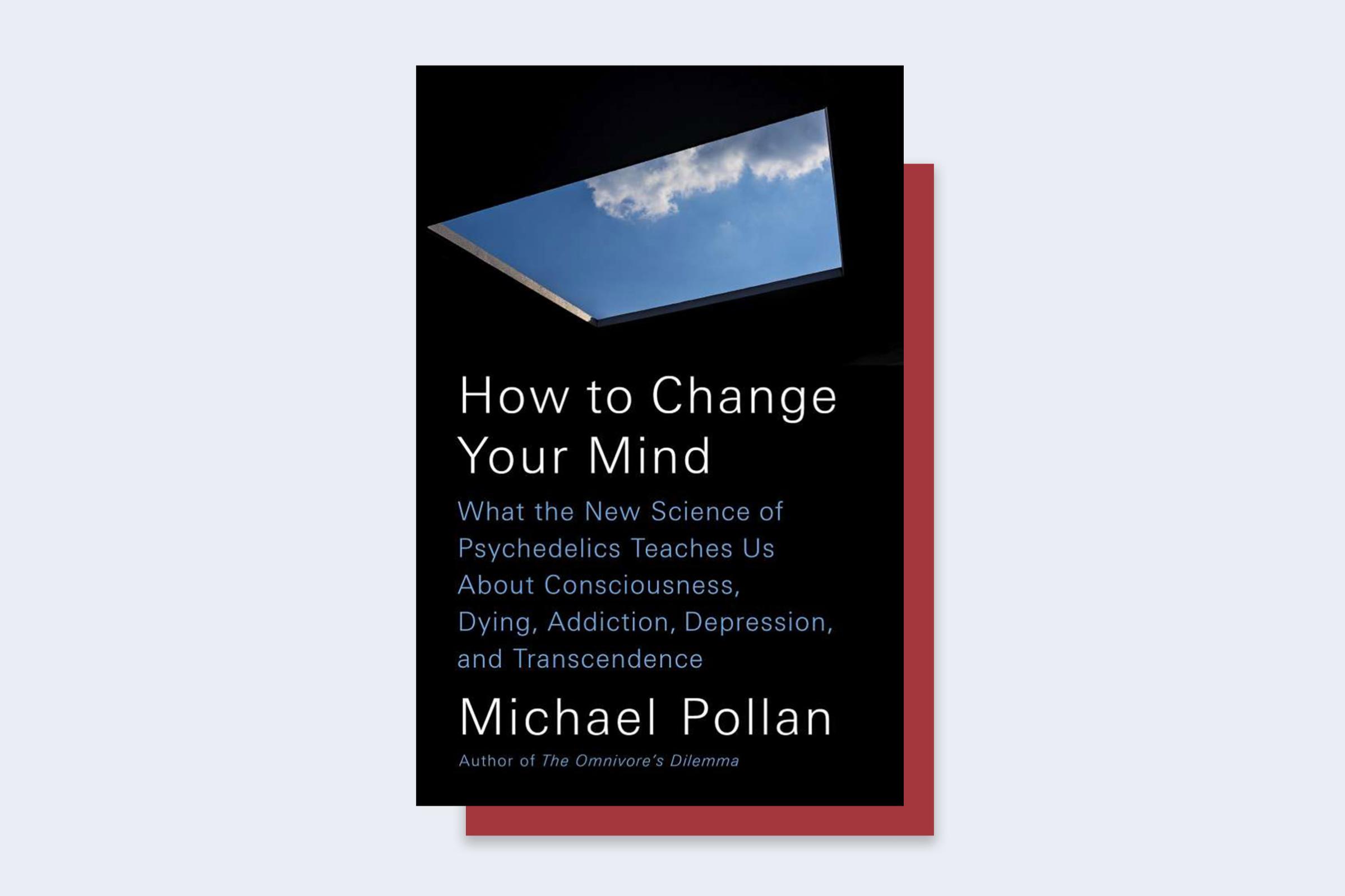
For years, the field of mental health has been largely barren of meaningful advances in treatment. But scientists have discovered new hope for the treatment of anxiety, depression, PTSD and addiction in a much-maligned place: psychedelic drugs. In How to Change Your Mind, Michael Pollan trains his journalistic eye on the therapeutic promises — and spiritual possibilities — of psychedelics to rewire the brain and open the mind. Pollan’s curiosity even sends him on a few illicit trips. — Mandy Oaklander
Buy now: How to Change Your Mind
Dear Madam President, by Jennifer Palmieri
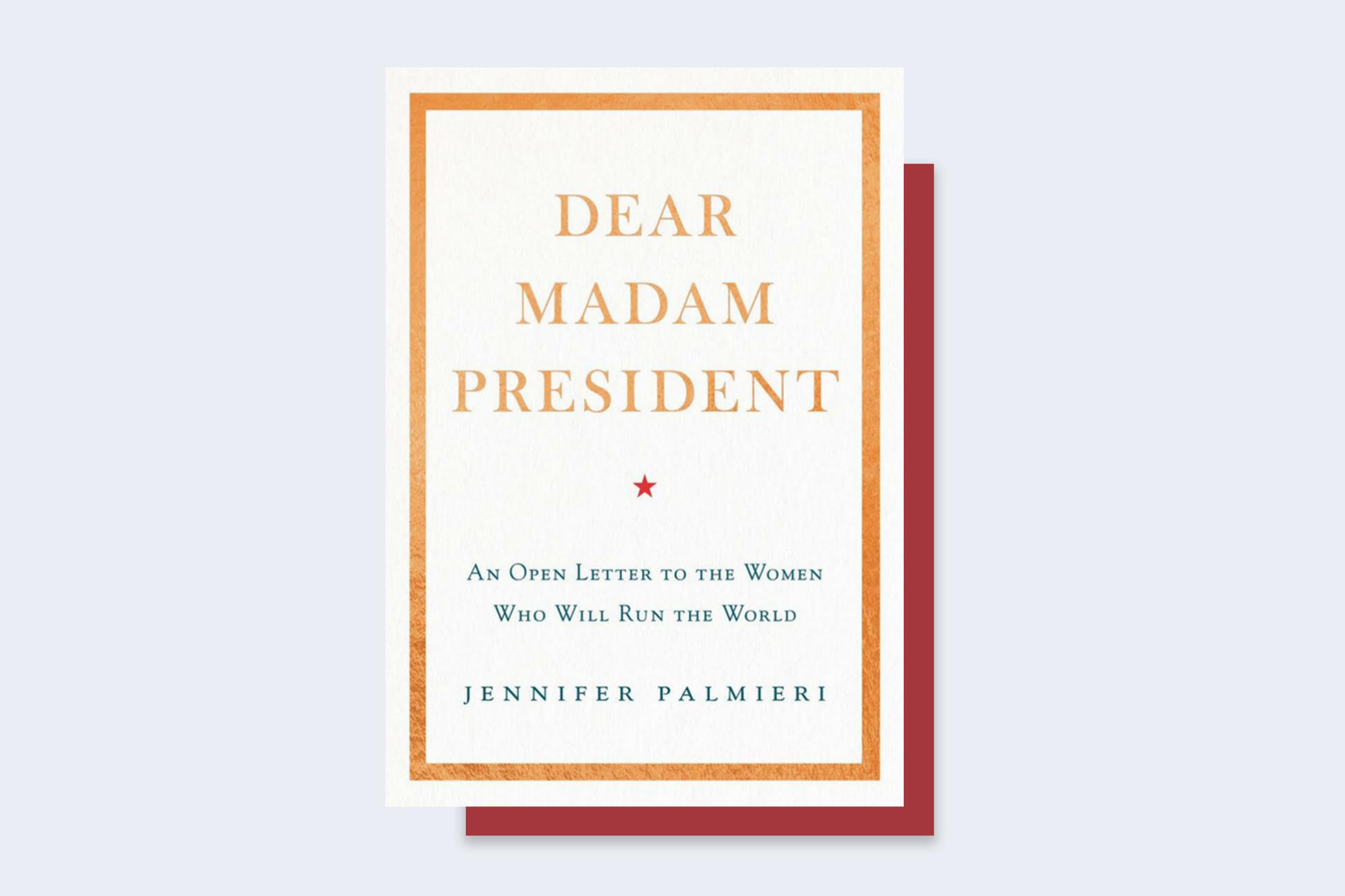
The best of political memoirs look forward while also dishing on dramas past. Jennifer Palmieri, the former director of communications for Hillary Clinton’s 2016 campaign, shares inside stories from Clinton’s tumultuous bid for President — from how she reacted when told the investigation of her emails had been reopened to what it felt like the day they lost. All the while, Palmieri dispenses thoughtful advice to a reader she knows is out there: the woman who will one day become the first female President of the United States. — Lucy Feldman
Buy now: Dear Madam President
The Recovering, by Leslie Jamison
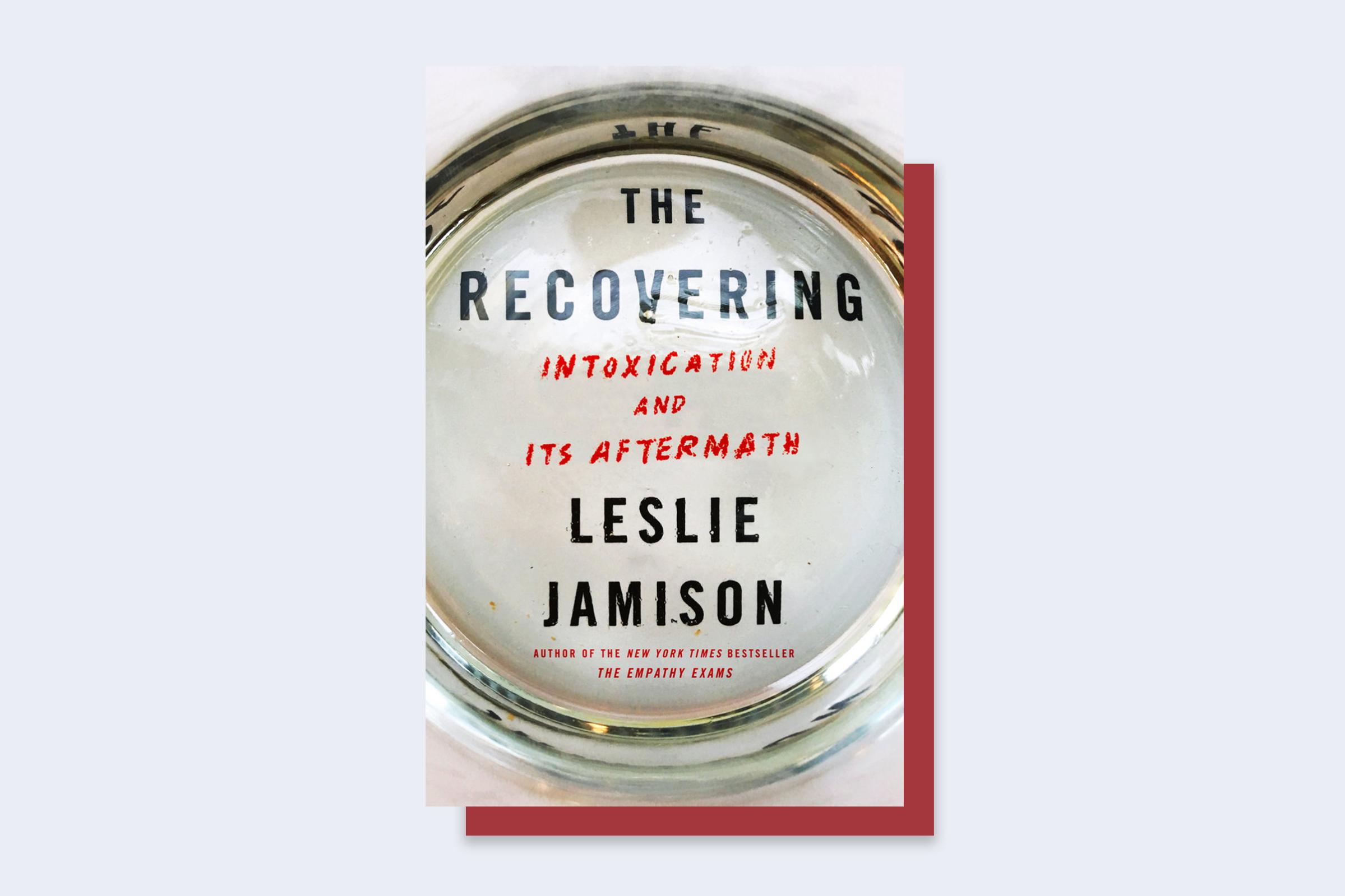
How do you make an addiction memoir feel original? That was the challenge Leslie Jamison conquered with her sprawling, virtuosic book, The Recovering, which buoys the story of her own alcoholic journey with tales of other drinkers and teetotalers — both literary greats and everyday people she encountered in her recovery. It’s as much a book about writing, and the fetishizing of writers, as it is a book about drinking, but Jamison never misses the humanity that undergirds her subjects — herself included. The Recovering is distinguished from the other titles in this well-worn genre by its intelligence, ambition and compassion. — Sam Lansky
Buy now: The Recovering
Tyrant, by Stephen Greenblatt
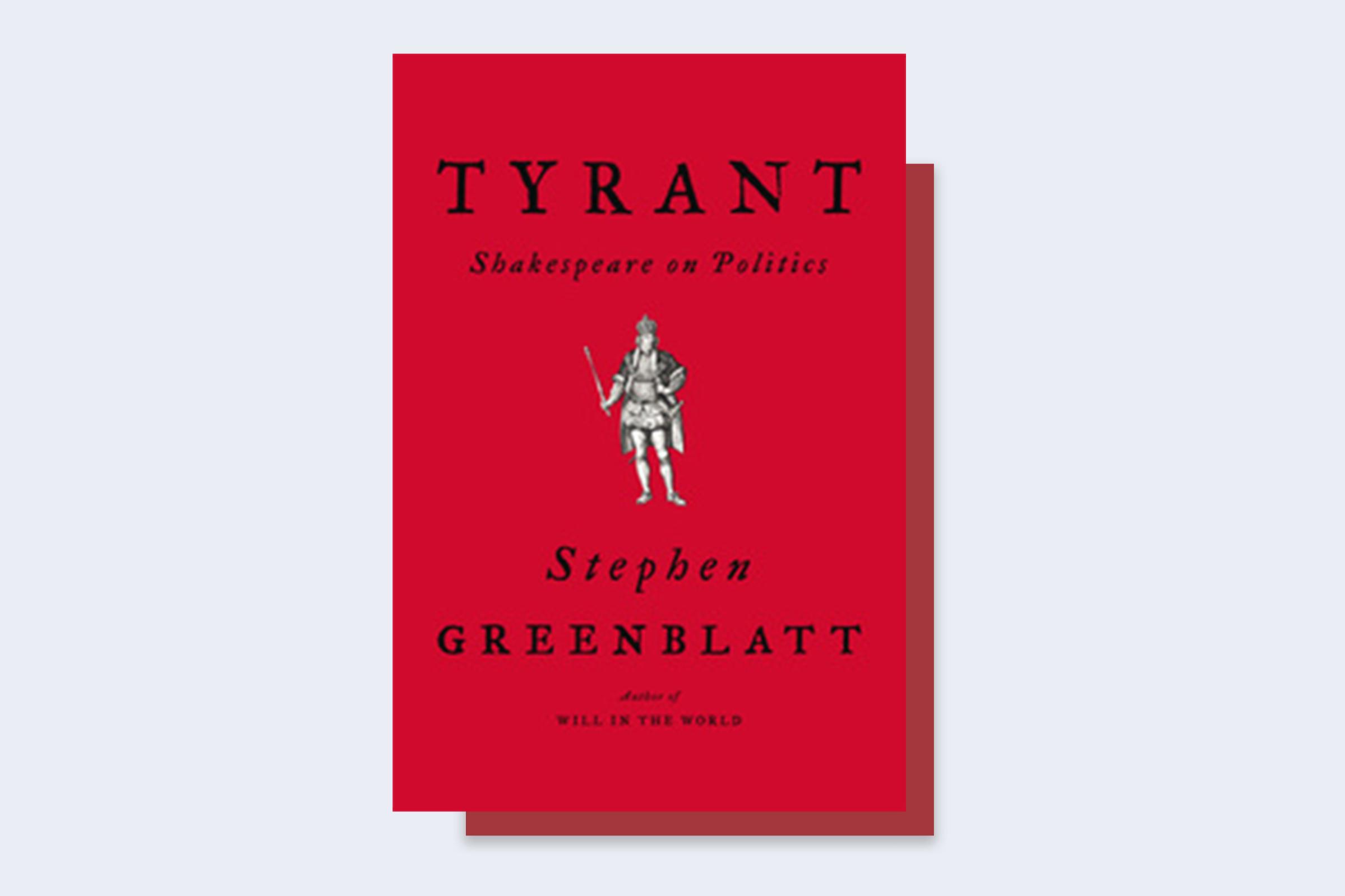
Stephen Greenblatt asks a timely question. Why would any society “be drawn to a leader manifestly unsuited to govern, someone dangerously impulsive or viciously conniving or indifferent to the truth?” Greenblatt, however, is not a political scientist. He is a Harvard professor of the humanities and a Shakespeare expert—and he’s writing about Shakespeare’s plays and time. One of the delights of this book, beyond its author’s erudition, is that he avoids any mention of the 45th U.S. President by name, yet all the while draws sharp, unspoken parallels between the nation’s leader and Shakespeare’s most hateful tyrants, from Richard III to Lear and Macbeth. For those overwhelmed by current events, the slim volume—under 200 pages—is a reminder that political turmoil has been around since long before cable. — Eben Shapiro
Buy now: Tyrant
Educated, by Tara Westover
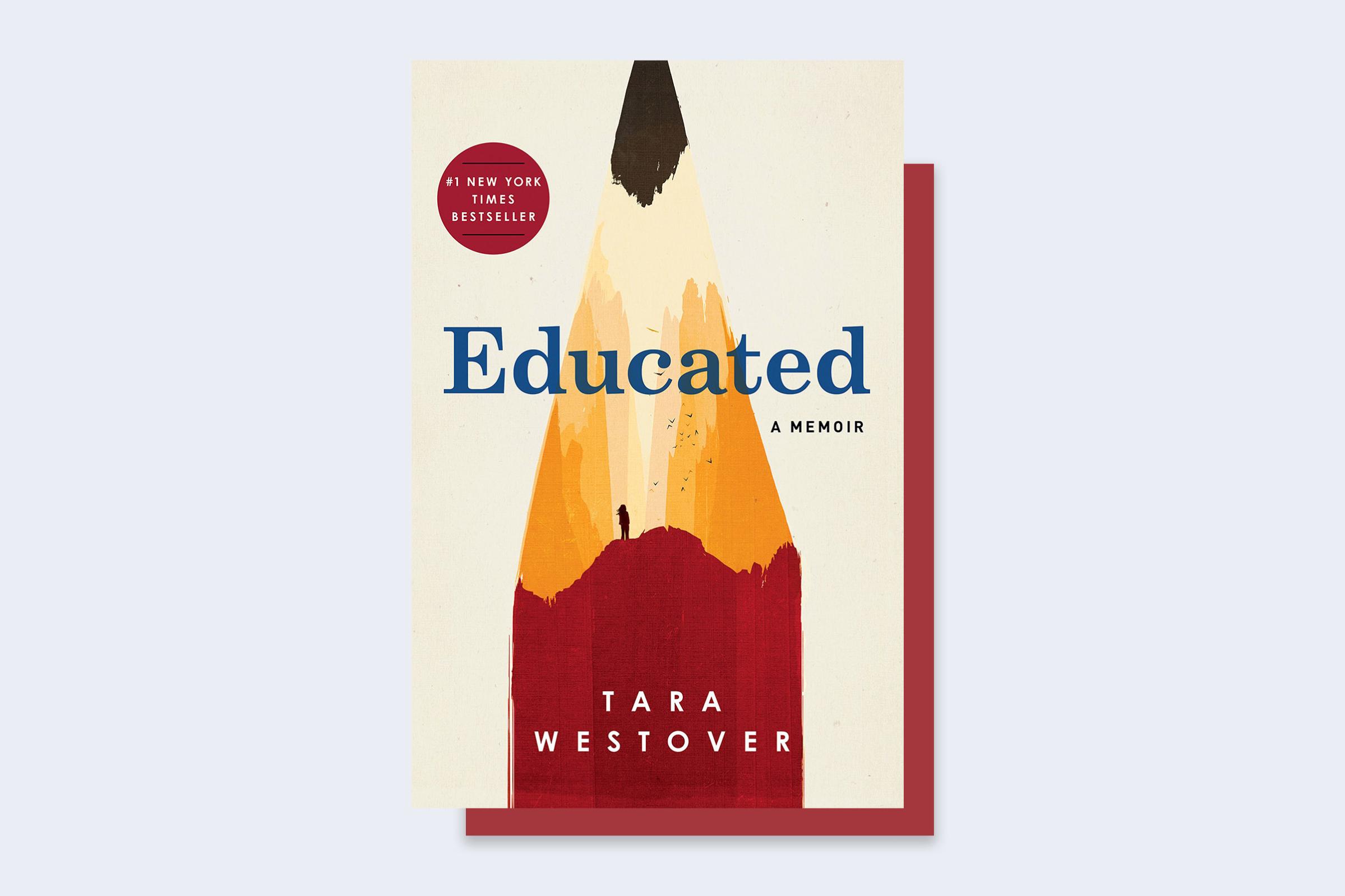
Tara Westover describes growing up in rural Idaho with a brutal, isolated family who eschewed learning for labor. She finagled entrance to Brigham Young University by saying she was “home-schooled” though she was unaware of even such basics as the Holocaust or the benefits of hand-washing — and eventually found her way to Cambridge University, where she earned her PhD in history. Memoirs of difficult childhoods have a high bar to cross these days, but Westover’s struggle to make sense of the world and of her upbringing sails right over. — Belinda Luscombe
Buy now: Educated
The Line Becomes a River, by Francisco Cantu

Francisco Cantu, grandson of a Mexican immigrant, graduates from college and takes a post as a U.S. Border Patrol agent. Soon, he discovers himself enmeshed — and complicit — in an inhumane system, and seeks a way out. Cantu places a searing fine point on a broad political debate through divulging the ugly details of what he experienced at the border. — Lucy Feldman
Buy now: The Line Becomes a River
Feel Free: Essays, by Zadie Smith
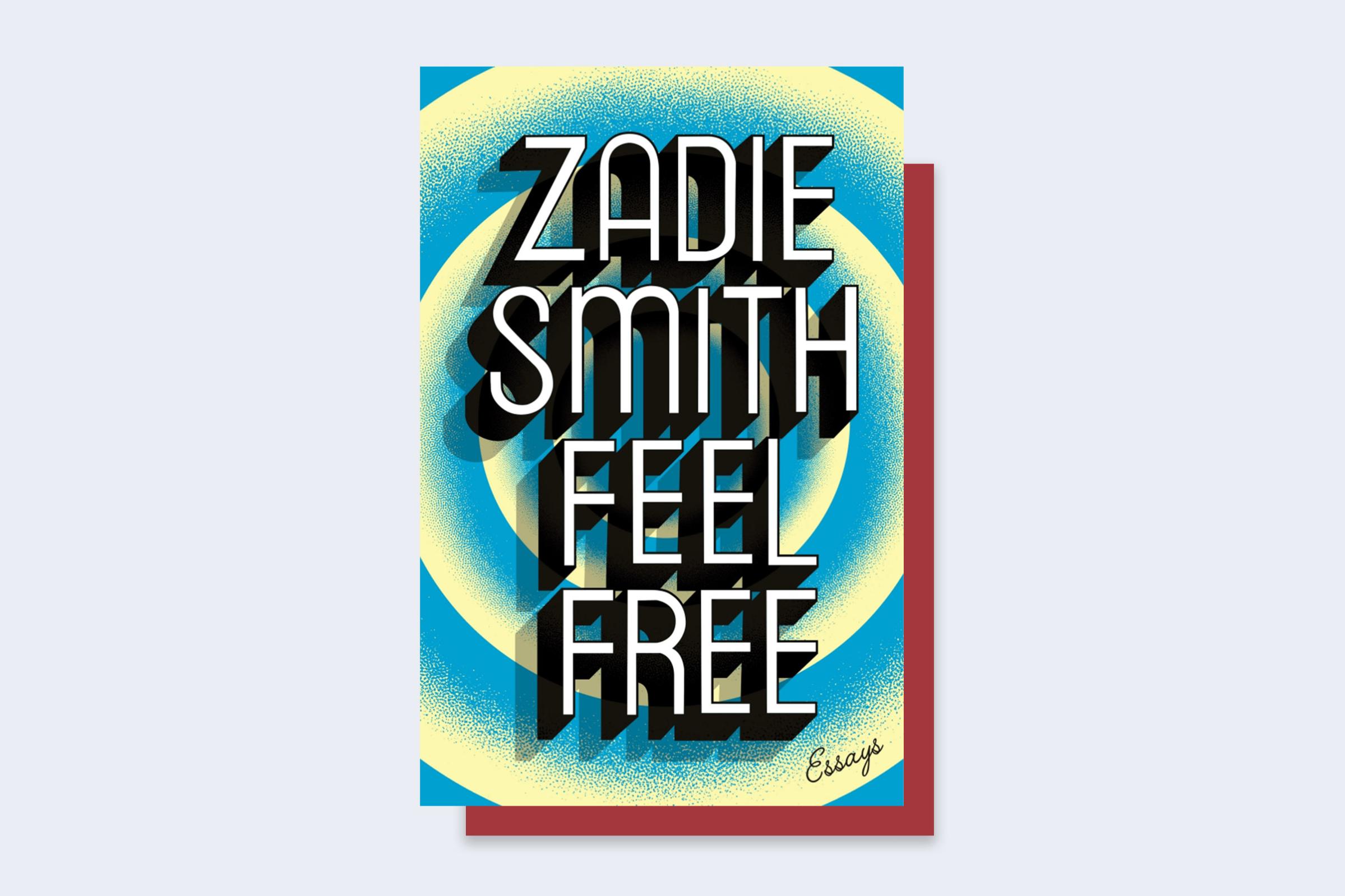
Throughout this diverse collection, acclaimed novelist and essayist Zadie Smith examines the meanings of freedom in many forms — in listening to and viewing art, in second bathrooms and in Justin Bieber. Smith writes that the 2010 film The Social Network, a cutting depiction of Mark Zuckerberg creating Facebook while in college, is in actuality “a cruel portrait of us: 500 million sentient people entrapped in the recent careless thoughts of a Harvard sophomore.” It’s a precise and damning line — one of many that reveal that living in Smith’s thoughts for these pages is liberating. — Nate Hopper
Buy now: Feel Free: Essays
Heart Berries, by Terese Marie Mailhot
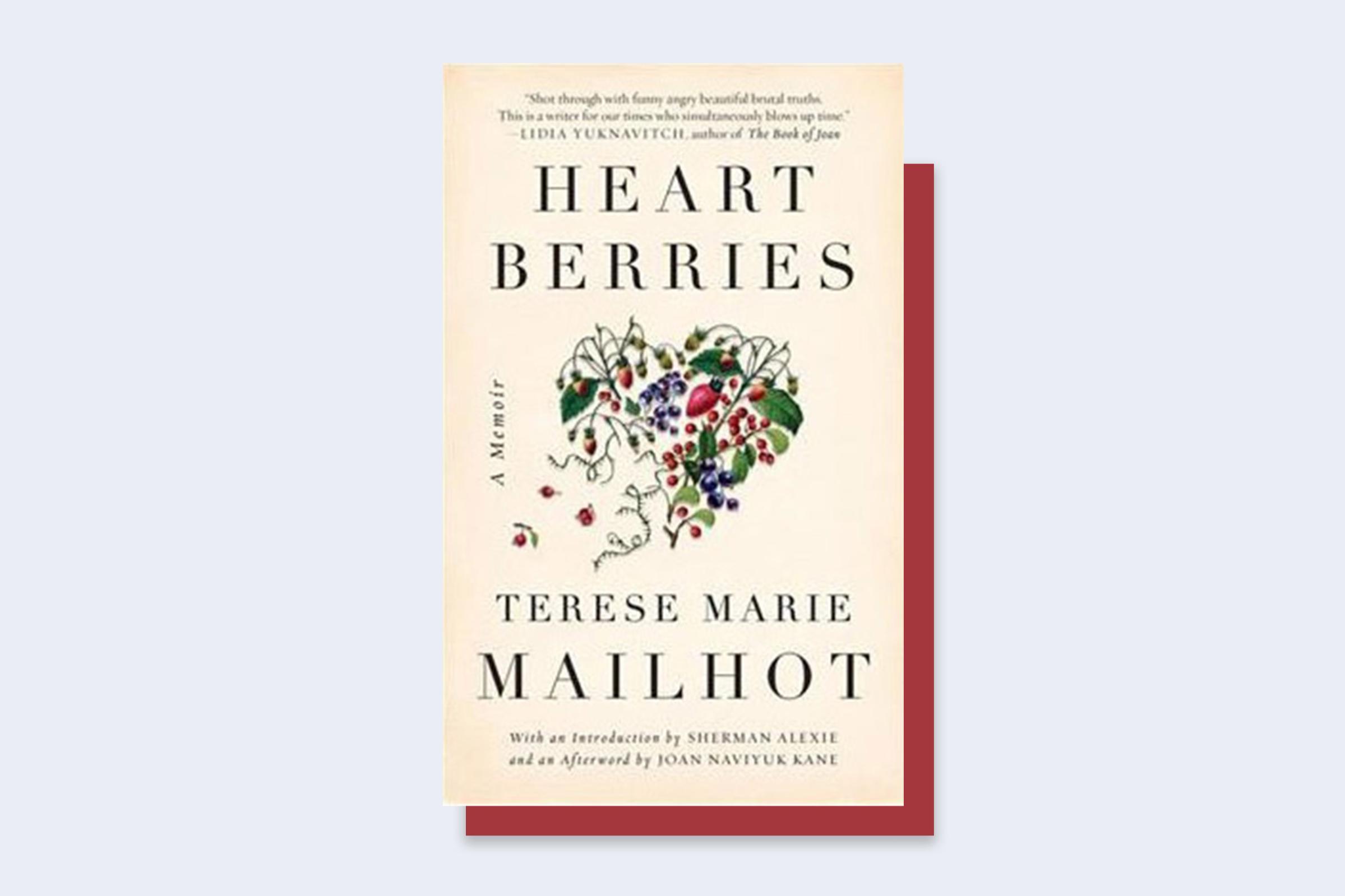
Terese Marie Mailhot’s debut memoir takes readers on a profound journey through her coming of age on the Seabird Island Indian Reservation in British Columbia. Written after she had herself committed for a breakdown resulting from post-traumatic stress and bipolar disorders, Heart Berries strikingly explores the intergenerational traumas — including violence, addiction and poverty — that marred both her childhood and adult life. — Megan McCluskey
Buy now: Heart Berries
The Road to Unfreedom, by Timothy Snyder
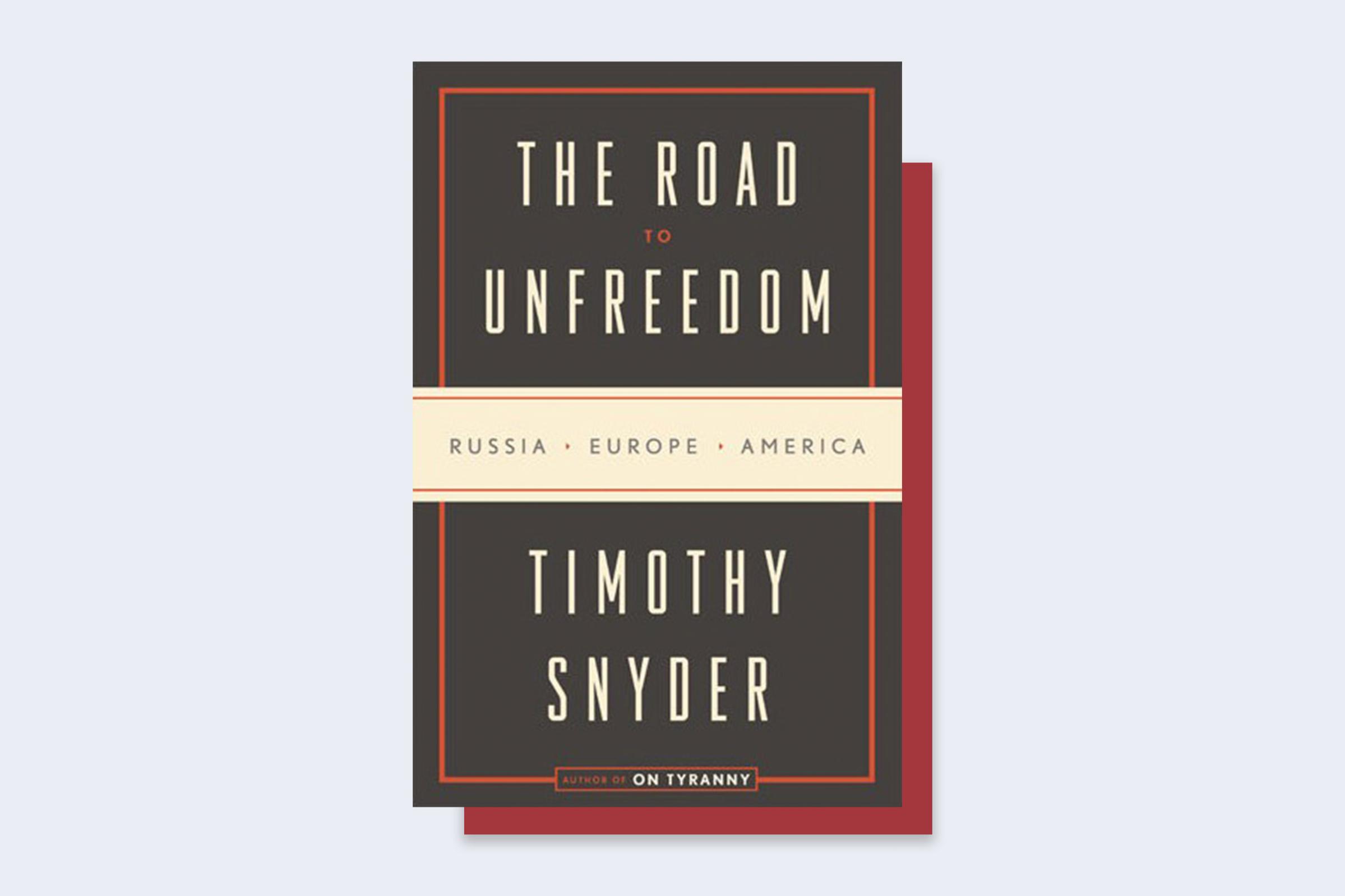
Deluged by ugly headlines, readers need books that force us to pause, step back and understand how America arrived at this chaotic moment. One of the best such books this year is historian Timothy Snyder’s essential, penetrating look at how toxic ideas, autocratic power and fake news spread from Russia into Ukraine, Western Europe and now to the White House. At a time when the politics of apocalypse haunt American democracy, Snyder helps unpack how we got here—and, maybe, how we can get out. — Lucas Wittmann
Buy now: The Road to Unfreedom
More Must-Reads from TIME
- Cybersecurity Experts Are Sounding the Alarm on DOGE
- Meet the 2025 Women of the Year
- The Harsh Truth About Disability Inclusion
- Why Do More Young Adults Have Cancer?
- Colman Domingo Leads With Radical Love
- How to Get Better at Doing Things Alone
- Michelle Zauner Stares Down the Darkness
Contact us at letters@time.com